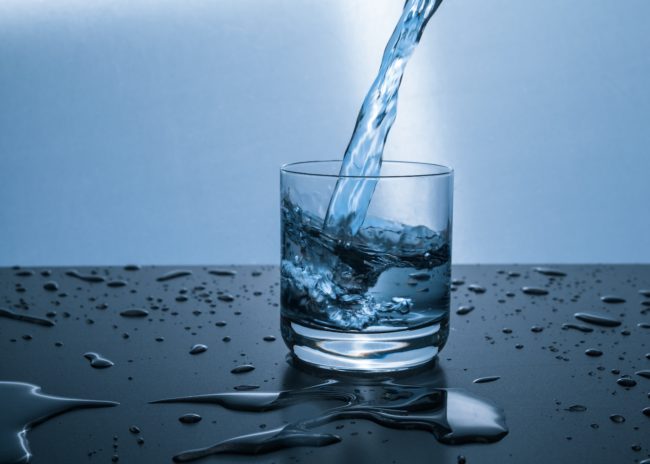When choosing a water filtering system, there are several factors to consider. These include price, ease of use, and overall quality. However, there is a lot more. Water filtration is a complete science and hence, you should consider many other factors before choosing a water filtration system.
Water filters remove contaminants from tap water, which can cause illness in people who drink it without filtering. The best way to ensure that you’re getting clean drinking water is by using a good water filter.
Here’s how to choose the best water filtration system
There are many different types of water filter systems available, each designed to address specific problems. For example, some filters are specifically designed to remove chlorine, while others remove lead and other heavy metals. Some filters are designed to remove bacteria, viruses, and parasites, while others remove chemicals such as pesticides and herbicides.
There are two main types of water filters: point-of-entry (POE) and the whole house. POE filters are installed at the source of the water supply, such as the faucet or kitchen sink. Whole house filters are usually installed near the kitchen sink and work throughout the entire home.
Choose a filter with an EPA rating
The Environmental Protection Agency has set standards for what makes a good water filter. Filters must meet these standards to receive an EPA certification label. Look for one that meets the following criteria:
- Has a minimum flow rate of 1.2 gallons per minute
- Is easy to install
- Includes a bypass valve
- Has a lifetime warranty
Look for filters that have been certified by NSF International
When shopping for a water filter, look for one that has been certified by NSF (National Sanitation Foundation) International. NSF certification ensures that the product meets rigorous standards for quality and performance. These standards include testing for bacteria, viruses, heavy metals, pesticides, herbicides, and other harmful substances.
Check out the manufacturer’s warranty
Don’t forget to check the manufacturer’s warranty. Some manufacturers offer warranties that cover the entire life of the product, while others offer limited warranties that only cover the first year. You should always read the fine print before purchasing a water filter.
Read reviews from other users
If you want to know if a particular water filter is right for you, check online reviews. You’ll find lots of information about different types of water filters, including what makes them work and what doesn’t. For example, some filters require electricity, while others use gravity to pull water through. Some filters are designed to be used in combination with a refrigerator, while others are meant to be used alone. And some filters are designed to be installed under sinks, while others are meant for faucets.
Conclusion
Water filtration is of incredible importance, especially for those who live in an area where the local water supply contains contaminants. However, it is not always that straightforward. You cannot know for certain whether your local tap water is safe to drink. Sometimes, contaminants make their way into the tap water, and it takes months before the authorities find out.
To keep your family safe, it is incredibly important to use filtered water for your everyday needs. However, due to the sheer number of choices in the market, it is easy to end up with the wrong choice of filtration system.
The tips that we have included above will help you determine whether a water filtration system is suitable for your needs. Make sure that the whole house water filtration Erie system that you are choosing removes 99% of all bacteria. Also, ensure that the outcoming water from the system is fit for consumption.


